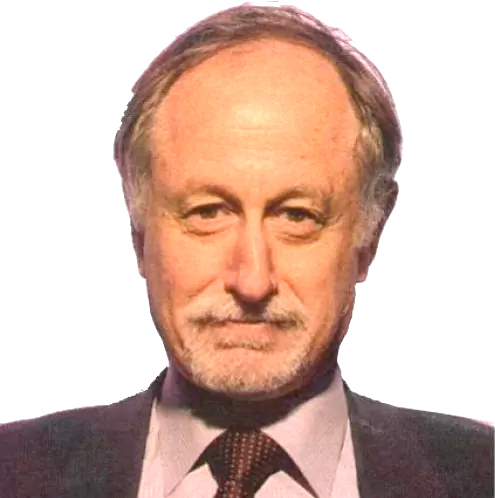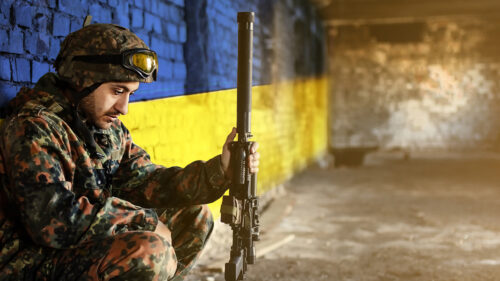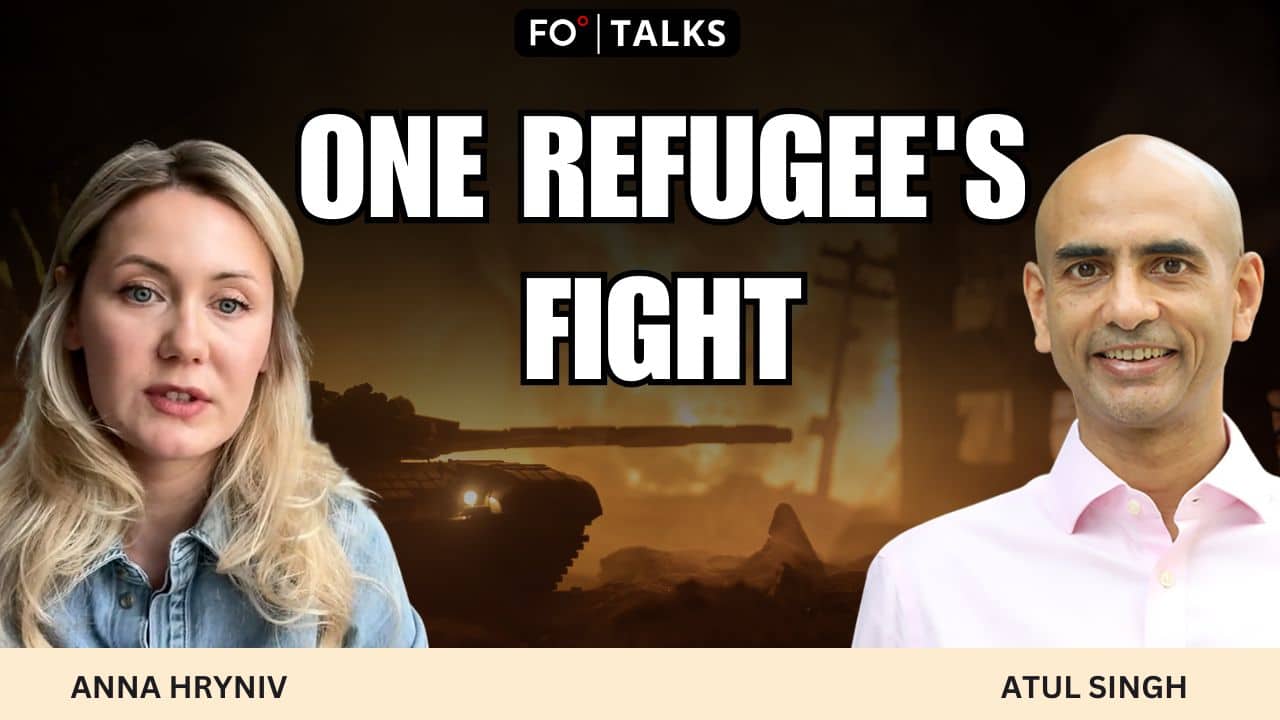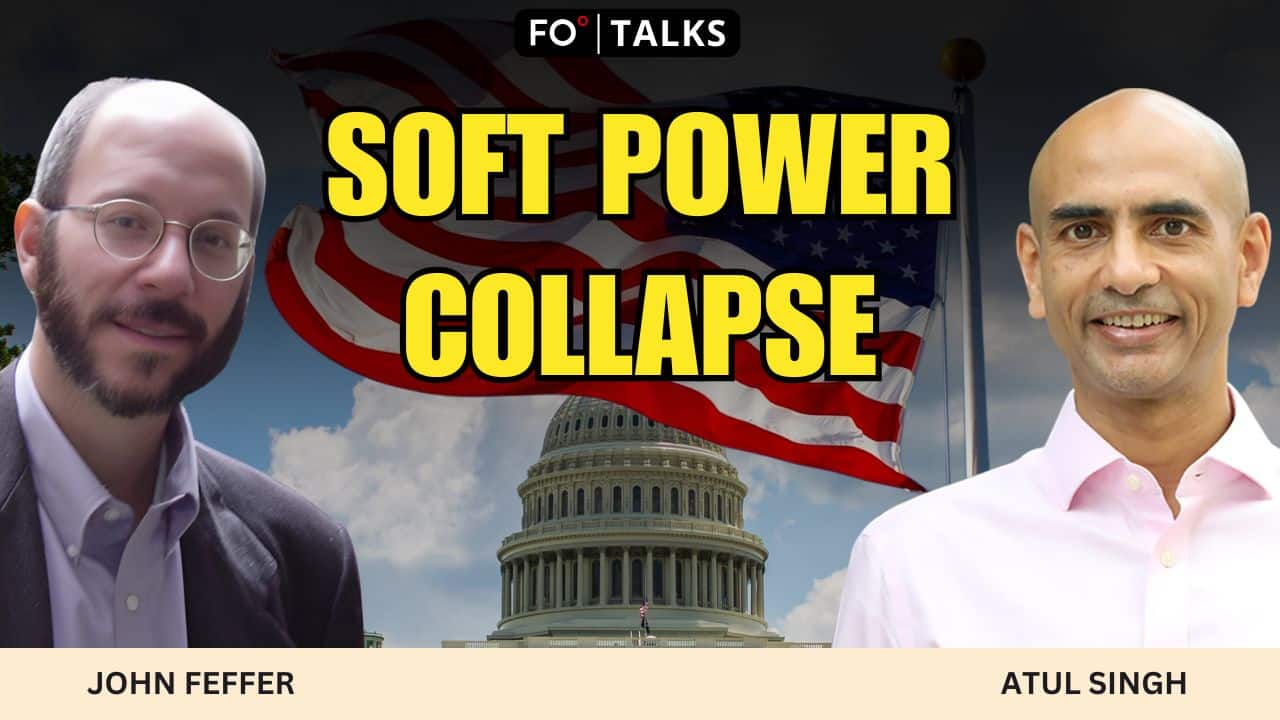In his conversation with FO° Chief Strategy Officer Peter Isackson, former Swiss ambassador Jean-Daniel Ruch offers an analysis of the psychological and diplomatic quandary of European leaders taken by surprise when newly installed US President Donald Trump turned the policies of his predecessor, Joe Biden, on their head concerning the war in Ukraine.
Marveling at the difficulty of addressing a challenge that subverts the dominant narrative spread by politicians and the media over the past three years, Ruch regretted the evident lack of foresight and capacity to react positively to the sudden emergence of Realpolitik in European affairs. Focusing on what is now becoming clear — the necessity for the European nations to come together on a plan that will enable the region to define its strategic autonomy — the two analysts weigh the chances of success and examine the obstacles that lie ahead.
Why has it been so difficult for Western nations not just to embrace but even to entertain the idea of indivisible security, which should be a core concern of any nation’s approach to diplomacy? Trump appears to be the first US president sensitive to the seriousness of Russia’s requests, even before Putin, concerning NATO expansion and the warnings about a risk of war expressed by European leaders and even Biden’s CIA director, William Burns, when he was ambassador to Moscow in 2008.
Trump’s 180° switch produced a situation in which what Ruch calls the current cast of leaders must find a way of acknowledging a reality they cannot control. This means swallowing the humiliation of allowing themselves to be led and directed by the nation in charge of the transatlantic alliance, without realizing the risk that policies could be reversed overnight every four years.
The way forward will be arduous, but there are few choices. When political reality stares you in the face, tough decisions must be made. Ruch evoked one sliver of realistic hope that could issue from the courage of Ruch’s own traditionally neutral nation of Switzerland, poised to assume the presidency of the OSCE in 2026. At a time when European unity has never been more fragile, a concerted plan piloted by the Helvetic Republic of Switzerland could provide the occasion to define a new European security framework, no longer dependent on Washington, with the promise of installing an atmosphere of neighborly coexistence and geopolitical stability.
The views expressed in this article/video are the author’s own and do not necessarily reflect Fair Observer’s editorial policy.










































Comment